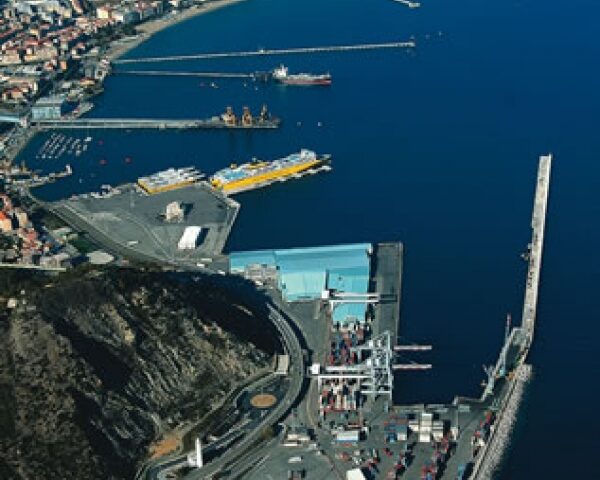Τhe territorial trajectories of port governance reform is the theme of a new port study by PortEconomics member Francesco Paola, in in collaboration with Jean Debrie and Valérie Lavaud-Letilleul.
The evolution of public-private relationships has driven many economic sectors to undergo de-centralisation and deregulation. Across these transformations, an appreciation of governance is key to understanding the process. In recent years, seaports have experienced dramatic changes in governance reported in academic and policy literature. The World Bank, for example, outlined a well known taxonomy of major governance models. However, this literature does not capture of the specificities of local environments, or “embed” the changes in specific institutional and economic contexts. This study analyses the embeddedness in ports and their associated governance structures. The study analyse and discuss (i) the complexity and the heterogeneity of the institutional framework, (ii) the multi-layered decisional chain, (iii) the geo-economic dimension, and (iv) and the socio-cultural environment of reformed ports. The paper takes a dynamic view of port reform trajectories and illustrate the theoretical discussion with a comparison of ports in France and Italy, showing the effects of local forces in shaping general national port reform schemes, and examining the relationship between general global trends and embeddedness.
The study is published in a special issue of the scholarly journal Journal of Transport Geography on the theme of “Institutions and the Transformation of Transport Nodes” that has been edited by PortEconomics members Adolf Ng and Thanos Pallis, in collaboration with Prof. Peter Hall (Simon Fraser University, Vancouver CA).












